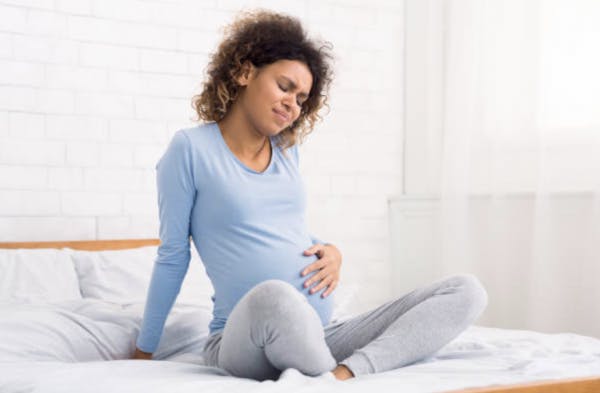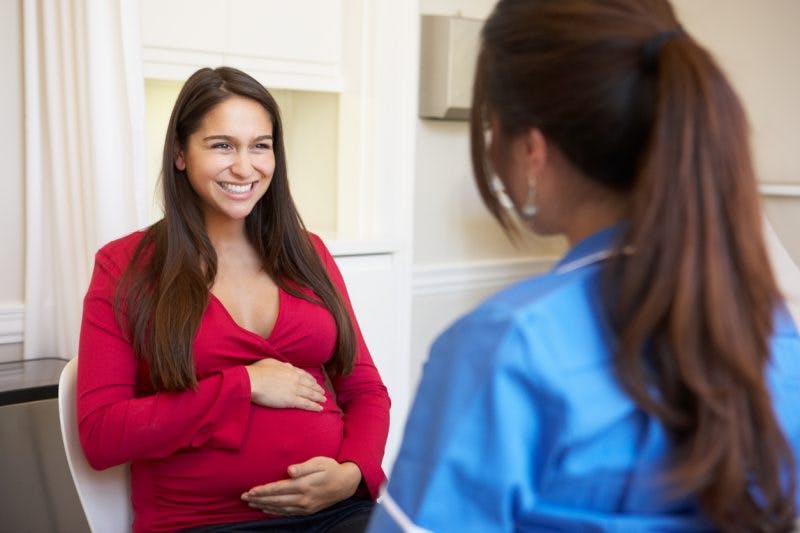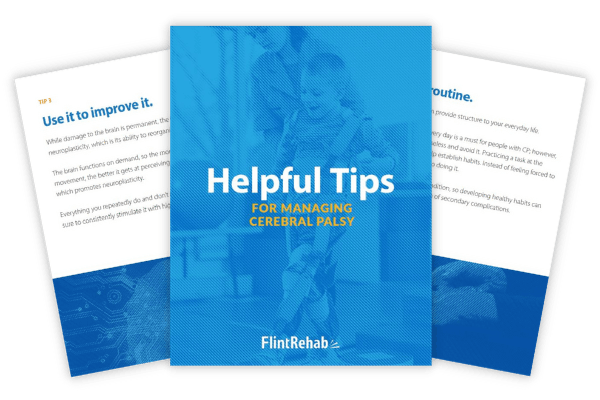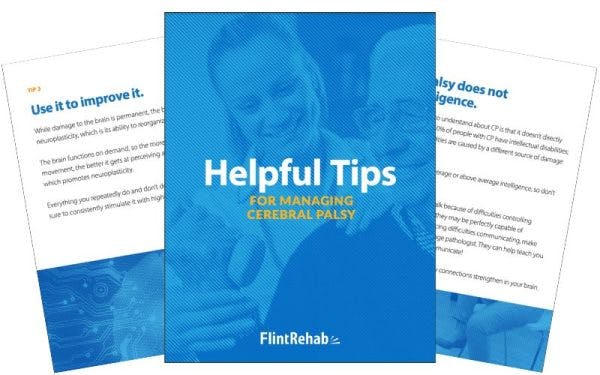Many individuals with cerebral palsy may wonder whether they will ever be able to have children. Fortunately, the answer is yes! Although there are different risks involved for women with cerebral palsy during pregnancy, many people with cerebral palsy have kids and become excellent parents.
This article will explore the relationship between cerebral palsy and pregnancy. Use the links below to jump straight to any section.
- Cerebral palsy and pregnancy facts
- How pregnancy affects your body
- How cerebral palsy can affect pregnancy
- Will my child have cerebral palsy?
Important Facts About Cerebral Palsy and Pregnancy
Cerebral palsy is a motor disability caused by damage to the developing brain before, during, or shortly after birth. Although there is no “cure” for cerebral palsy, many individuals with CP are able to manage their symptoms and lead very fulfilling lives, including having a family.
Both men and women alike may wonder if people with cerebral palsy can have kids. They are often glad to find out that becoming pregnant is possible, regardless of whether the prospective mother, father or both have cerebral palsy. In fact, while only 30% of individuals with CP live with a partner, about one third of these individuals will have one or more biological children.
While cerebral palsy and pregnancy can both greatly affect one’s life, each individual will experience these conditions differently. Depending on the severity of cerebral palsy and which areas of the body are affected, pregnancy may be significantly more or less challenging.
However, if a woman with cerebral palsy wants to have a baby, there are many ways for her to carry a baby safely and successfully with the appropriate considerations.
Can Men with Cerebral Palsy Have Children?
Men with cerebral palsy may also be concerned about their ability to have children. However, cerebral palsy has no effect on fertility. Therefore, men with cerebral palsy are just as likely to have children if desired as those without.
How Pregnancy Affects Your Body

There are many changes that occur during pregnancy. Some changes, such as increasing in size and carrying extra weight, occur during pregnancy for every woman. Other changes, such as experiencing morning sickness and swelling of the ankles and feet, occur only in some women.
Furthermore, every pregnancy is different. Having an especially challenging first pregnancy does not mean that the next one will be equally difficult. Conversely, having one “easy” pregnancy does not mean that the next will be just as straight-forward. However, with the appropriate expectations and preparation, women are often able to have a positive pregnancy experience.
In order to be properly prepared, it’s crucial to think about the possible ways that your body will change during pregnancy.
Common symptoms associated with pregnancy include:
- Nausea
- Increased urination
- Fatigue
- Bloating
- Cramping
- Congestion
- Constipation
- Abdominal pain or backaches
- Swelling of the feet and ankles
- Changes in skin color
- Weight gain
Pregnant women with CP should consider how these complications can affect their ability to participate in their usual daily routines.
It’s a good idea to figure out the little details like:
- Will you need a caregiver?
- Can you perform transfers independently, even when carrying extra weight?
- How close are the bathrooms from areas you frequent?
It is a good idea to talk with your doctor before becoming pregnant or during the early stages of pregnancy. They can provide recommendations for a healthy pregnancy, such as specific fitness exercises, healthy foods to eat, and/or medication modifications.
While there may be extra factors to consider, making accommodations for potential challenges beforehand can make experiencing pregnancy easier.
How Cerebral Palsy Can Affect Pregnancy

Cerebral palsy affects a person’s movements, posture, and balance.
One of the most common symptoms of cerebral palsy is spasticity (involuntary muscle contractions). Spasticity can cause excess strain on the joints and restrict range of motion. Throughout pregnancy, women will gradually gain weight, which will also add more stress to the joints. This can increase the risk of becoming injured even during regular daily activities.
When combined with pregnancy symptoms, the mobility of women with cerebral palsy can be drastically limited. Due to changes in their center of gravity and carrying extra weight, women may be more prone to falls. Falling may result in injury not only to the mother, but also to their unborn child.
Therefore, during pregnancy, women with cerebral palsy need to be especially cautious. With appropriate safety measures in place, women who have cerebral palsy during pregnancy can minimize their risk of injury and safely carry their child.
It may be a good idea for women who usually use walking aids to switch over to a wheelchair temporarily to prevent accidents and ensure their safety, as well as the safety of their unborn baby. Discuss this with your doctor, and ensure that you continue to move and exercise your legs, even if you are using a wheelchair for much of the day.
Frequent prenatal appointments are also essential to monitor the mother’s health and that of her unborn child. These appointments are especially important as the baby’s due date nears. This is because women with cerebral palsy are more likely to have their baby preterm, although the risk of having a preemie is still relatively low.
Furthermore, women with cerebral palsy are also more likely to have a C-section or be induced, rather than naturally progressing into labor. Their baby may also have a lower Apgar score (an evaluation for newborn health) at 5 minutes after delivery than a baby born to a mother without CP. However, with appropriate prenatal care and attention during the labor and delivery process, many women with CP can have a safe pregnancy and deliver a healthy baby.
Will My Child Have Cerebral Palsy?

The onset of the majority (80%) of cerebral palsy cases occurs before birth, during pregnancy. However, just because a parent has cerebral palsy does not mean that their child will also have cerebral palsy. In fact, a child with a parent that has cerebral palsy is no more likely to develop cerebral palsy than a child with a parent that does not have CP.
Common prenatal causes of cerebral palsy include:
- Premature birth
- Bleeding in the brain
- Brain infections
- Genetic factors
- Lack of oxygen in the brain
- Abnormal brain development
Therefore, although genetic factors may contribute to an infant being born with cerebral palsy, there are many other contributing factors. It is important to note that there is no single gene responsible for CP. Rather, it’s a combination of many genetic mutations that can increase one’s chances of abnormal brain development.
With this information in mind, men and women with cerebral palsy should not avoid having children simply out of concern that they could pass it to their child.
Understanding Cerebral Palsy and Pregnancy: Key Points
Cerebral palsy does not affect one’s fertility, but its associated motor impairments can make pregnancy more challenging.
Cerebral palsy is not passed down genetically. Just because one or both parents have CP does not mean that their child will also have cerebral palsy. It’s essential for pregnant women to manage their CP symptoms to maximize their mobility and ensure the safety of their babies.
Hopefully, this article helped you better understand the link between cerebral palsy and pregnancy. Men and women with cerebral palsy can become excellent parents if they desire to have children.











